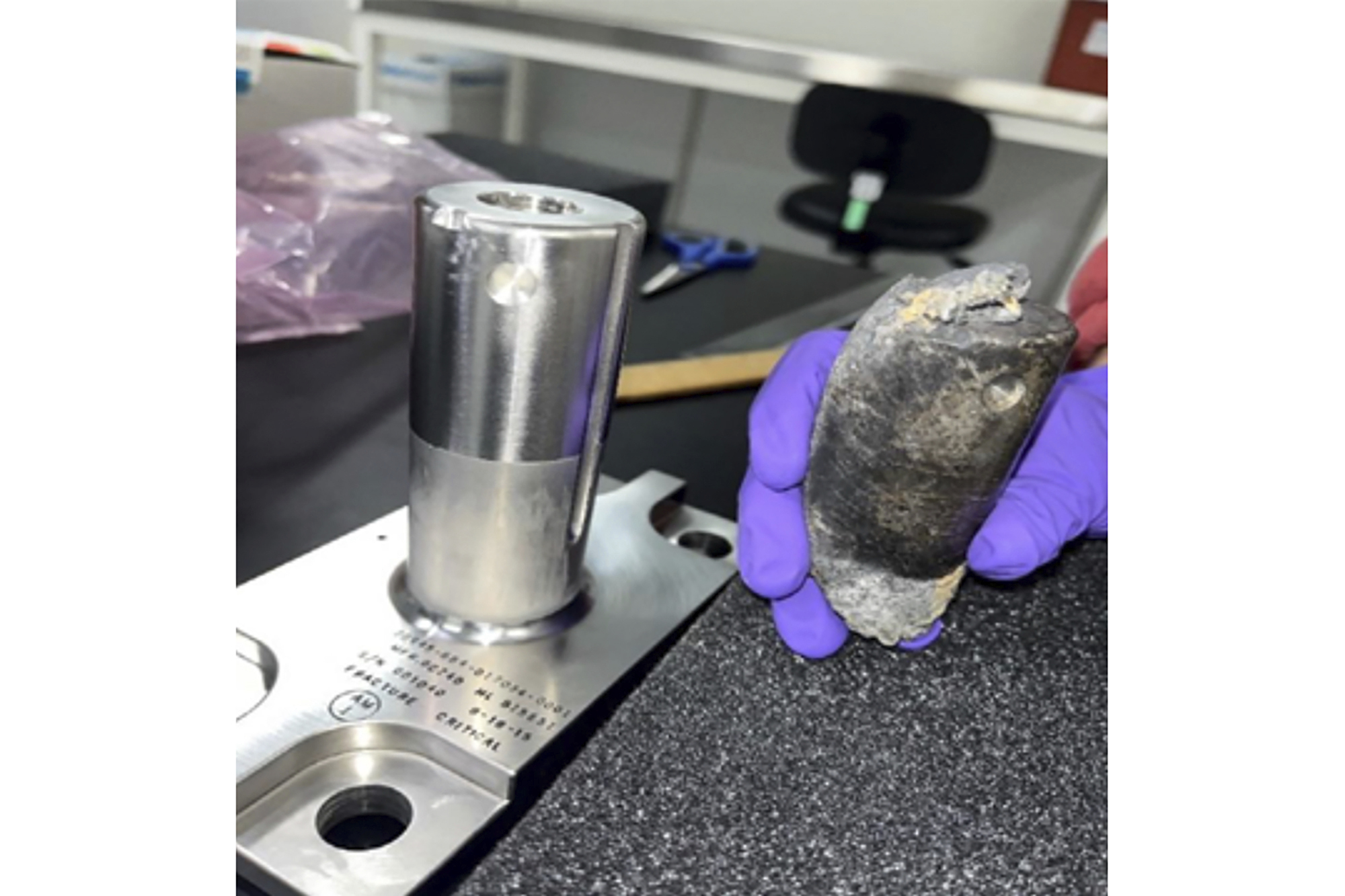Lottery officials in New Jersey say the winning ticket that matched all six numbers in the Powerball drawing worth $429.6 million was sold in Mercer County.
Officials said early Sunday the location will not be disclosed until certain security procedures are completed, and it's anticipated that the location will be revealed by Monday.
In a statement, New Jersey Lottery executive director Carole Hedinger calls winning the seventh-largest jackpot in Powerball history "a life-changing event."
The winning Powerball numbers drawn Saturday night were 5-25-26-44-66 and the Powerball number is 9.
The jackpot Saturday had climbed to nearly $430 million, making the prize the largest since a record $1.6 billion payout in January that prompted some to wait in hours-long lines outside lottery retailers. But unlike Saturday night's drawing, that jackpot was shared by three winning tickets.
Only one winning ticket will claim Saturday night's prize, though it was not immediately known if that ticket was held by one or more people. Kripe said a winner, or co-winners, electing a one-time cash payout will receive $284 .1 million.
This isn't the first time Powerball luck has struck in New Jersey. In 2013, a sole ticket claimed a $383 million Powerball jackpot.
U.S. & World
Stories that affect your life across the U.S. and around the world.
Seven tickets from Saturday night's drawing matched five numbers and claimed $1 million, including three in New York, two in Illinois and one apiece in California and Virginia.
Powerball is played in 44 states plus Washington, D.C., Puerto Rico and the U.S. Virgin Islands.
The odds of winning are one in 292.2 million.
START WITH THE ODDS
At one in 292.2 million, everyone from lottery officials to a helpful math teacher will explain that the odds of winning aren't good, but it's still hard to fathom. Just keep this in mind: You have a much better chance of being killed in an attack by bees in your lifetime, at one in 64,706, than winning the Powerball jackpot.
BUT EVENTUALY, SOMEONE WILL CASH IN
Even with such bad odds, a winning ticket or tickets will eventually be sold. That's because about 323 million people live in the United States, and when the jackpot balloons, a lot of them buy a lot of tickets. In January, more than 75 percent of the possible 292.2 million combinations were sold for the astronomical prize.
HOW DOES POWERBALL WORK?
The drawings are at 10:59 p.m. Eastern time on Wednesdays and Saturdays, when five of 69 white balls are drawn from a drum, along with one of 26 red balls from another drum. Match all the numbers and you're suddenly very wealthy. Smaller prizes are paid if you match the Powerball or at least three of the white balls. The jackpot starts at $40 million and increases until there is a winner. Each ticket costs $2, and players can pay an extra $1 to increase the smaller prizes they might win.
IMPROVING THE ODDS
With high hopes, people often buy 25, 100 or more tickets, or they might join an office pool. They're right that buying more tickets increases their chance of winning, but not by much. To really increase your odds, you'd need to buy hundreds of thousands or millions of combinations, and even then you'd probably lose.
PICK YOUR PRIZE
Jackpot winners face a choice of taking a lump sum or an annuity paid over 30 years. The annuity is the amount promoted as the jackpot, but most winners opt for cash — which, as of Friday morning, is an impressive but much smaller $269.7 million. Most winners think they can earn a higher investment return than would be guaranteed through the annuity. But don't forget about taxes, which will eat up about half of the cash winnings and a bit less of the annuity.
LONG LINES
Powerball is sold in 44 states, plus Washington, D.C., Puerto Rico and the U.S. Virgin Islands. That leaves Alabama, Alaska, Hawaii, Mississippi, Nevada and Utah as the only states that don't participate. Typically, the busiest retailers and longest lines are found just across the border from states in the Lower 48 that don't offer the game.



